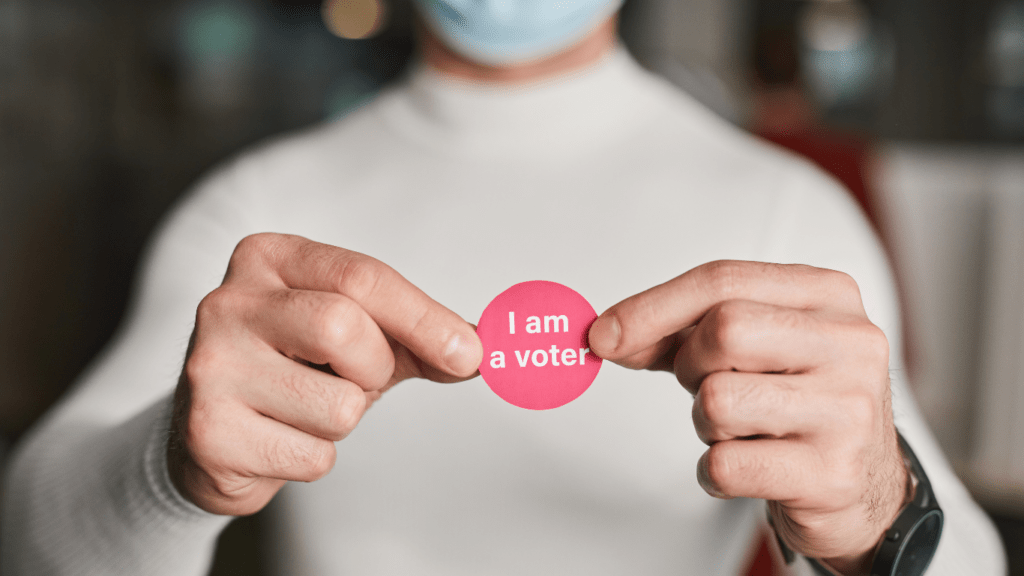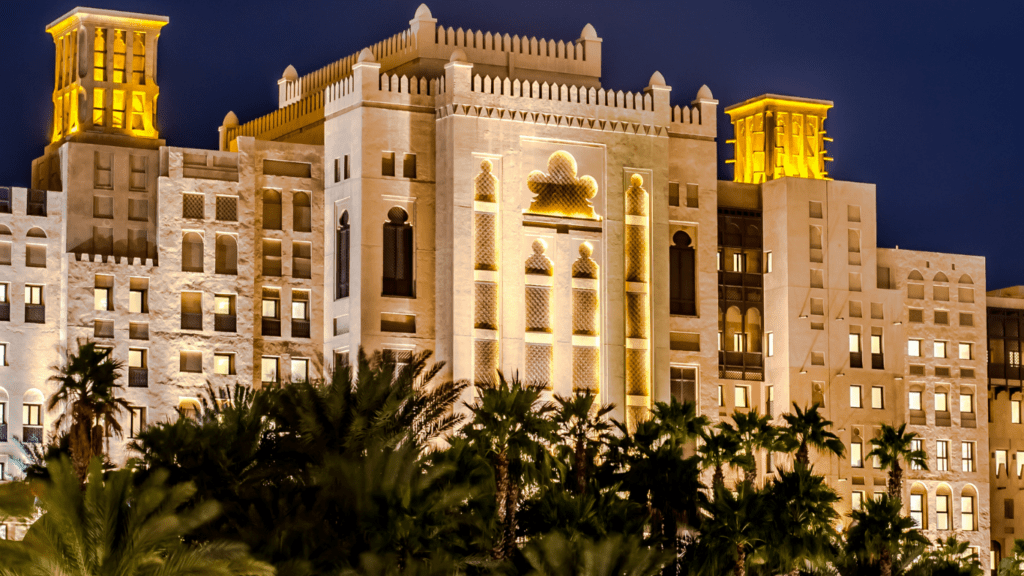Overview of the Integrated Resort Casino Bill
Brazil’s lawmakers passed the Integrated Resort Casino Bill, marking a pivotal move in reshaping the nation’s tourism industry. The bill outlines a roadmap for developing integrated resorts featuring casinos among other amenities.
Key Provisions in the Bill
The Integrated Resort Casino Bill includes several critical provisions:
- Resort Development: Allows for the construction of integrated resorts with casinos, hotels, and entertainment venues in designated regions.
- Licensing: Establishes a transparent process for awarding casino licenses to ensure fair competition and integrity.
- Taxation: Introduces specific tax rates for casino operations, intended to generate significant revenue for public projects.
- Regulation: Mandates strict rules to prevent money laundering and ensure responsible gambling practices.
- Foreign Investment: Facilitates international investments to attract leading global casino operators to Brazil.
- Gambling Laws: Modernizes existing gambling regulations, permitting casino operations within integrated resorts.
- Economic Policies: Stimulates economic growth through job creation and foreign investments, aligning with national economic objectives.
- Tourism Regulations: Promotes Brazil as a premier tourist destination by enhancing infrastructure and offering diverse entertainment options.
- Legal Oversight: Strengthens regulatory oversight to address potential issues like money laundering and gambling addiction.
- International Standards: Aligns local laws with international standards, improving Brazil’s attractiveness to global investors and tourists.
The Voting Process Among Brazil Lawmakers

Brazil’s lawmakers recently voted on the Integrated Resort Casino Bill, marking a pivotal moment in the nation’s legislative history.
Major Supporters and Opponents
Several lawmakers championed the bill, advocating for the economic and tourism benefits it promises.
- Key supporters included members of the tourism committee, who highlighted the potential boost to Brazil’s international appeal.
- Representatives from regions with underdeveloped tourism sectors also backed it, anticipating increased investment and job creation.
- Opposition came from lawmakers concerned about potential societal impacts.
- Critics argued that casinos could exacerbate gambling addiction and associated problems.
- Religious groups and certain conservative factions also opposed the bill, citing moral objections to gambling.
Despite these concerns, the bill garnered enough support to pass.
Implications of the Voting Outcomes
The bill’s approval signals a major shift in Brazil’s gambling laws. It paves the way for integrated resorts, which can stimulate economic growth by attracting foreign investors.
These resorts promise to create thousands of jobs in construction and hospitality.
Tax revenue from casinos will help fund public services. This financial boost is crucial for regions that struggle with funding shortages.
Furthermore, the bill includes strict regulations to prevent money laundering, ensuring that the gambling industry operates transparently.
By aligning with international standards, Brazil aims to enhance its tourist infrastructure.
This alignment will likely make the country a more attractive destination for global travelers, increasing tourism revenue and promoting sustainable growth.
Economic Implications of the Integrated Resort Casino
Lawmakers in Brazil passed the Integrated Resort Casino Bill, which promises numerous economic benefits for the country.
Potential Benefits for the Brazilian Economy
Passage of the Integrated Resort Casino Bill boosts tourism, attracting international visitors. Increased tourist influx boosts local businesses, creating a ripple effect in hospitality, retail, and services sectors.
Increased tax revenue allows the government to invest in infrastructure and public services. Statista projects Brazil’s tourism revenue to exceed $10 billion by 2025 with such initiatives.
Job creation follows resort development. The casino and resort industry directly employs a significant workforce, while construction phases generate employment in engineering, architecture, and labor.
Foreign investment grows, modernizing Brazil’s economy. International corporations seek stable, regulated environments, and Brazil, aligning with global standards, becomes an attractive destination.
Challenges and Concerns
Despite potential benefits, the bill faces challenges. Opponents cite risks of gambling addiction, money laundering, and socioeconomic disparities.
Regulatory compliance remains critical. Authorities need robust frameworks to monitor activities, ensuring adherence to the law. Regular audits, clear rules, and strict enforcement minimize illicit activities.
Maintaining social balance is essential. Programs promoting responsible gambling, such as awareness campaigns and support services for addicts, help mitigate negative societal impacts.
Effective execution requires government vigilance. Continuous assessment of regulations, transparent licensing, and collaboration with international bodies ensure sustainable growth and modernization.
Public and Cultural Impact
Lawmakers’ support for the Integrated Resort Casino Bill will significantly alter public and cultural landscapes in Brazil. Both cultural reception and public opinion, along with potential changes in Brazil’s tourism industry, warrant close scrutiny.
Cultural Reception and Public Opinion
Public opinion in Brazil about the integrated resort casino bill is divided. Some Brazilians embrace the potential for economic growth and job creation, particularly in underserved regions.
For example, communities in states like São Paulo and Rio de Janeiro could see significant employment opportunities arising from new resort constructions.
However, cultural concerns persist. Traditional values in some regions may conflict with the introduction of legalized gambling.
Areas with strong religious influences, like the Southern and Northeastern states, might resist the casino culture.
Surveys suggest a split in public sentiment, with a notable percentage voicing worries about gambling addiction and moral degradation.
Potential Changes in Brazil’s Tourism Industry
- The tourism industry in Brazil stands to gain major transformations.
- Integrated resorts will attract high-spending international tourists, boosting overall visitor numbers.
- Tourist hubs like Rio de Janeiro and Salvador could see an influx of luxury travelers seeking both entertainment and leisure.
- Architectural and infrastructure changes in these regions will reflect Brazil’s modernization efforts.
- New hotels, entertainment venues, and casinos will reshape cityscapes.
Additionally, the bill’s requirement for transparent licensing and stringent regulations ensures these developments align with sustainable tourism practices.
This shift will elevate Brazil’s standing as a global tourist destination, similar to destinations like Las Vegas and Macau.
Legal and Regulatory Considerations
Understanding the legal and regulatory considerations is crucial for the successful implementation of the Integrated Resort Casino Bill in Brazil.
Compliance and Enforcement Issues
Brazil’s legal framework must address compliance and enforcement issues for integrated resort casinos to operate effectively.
Transparency in licensing procedures ensures that only qualified operators receive permits. In contrast, robust oversight mechanisms safeguard the industry’s integrity.
Authorities should establish stringent anti-money laundering (AML) protocols and monitor for illicit activities to maintain public trust.
Additionally, agencies must enforce responsible gambling measures, compelling operators to adhere to guidelines that prevent addiction and protect vulnerable populations.
Penalties for non-compliance should be clearly defined and consistently applied to deter violations.
Comparisons With Other International Models
Comparing Brazil’s approach with other international models offers valuable insights. Macau’s casino industry, for example, heavily regulates financial transactions to curb money laundering.
Singapore’s integrated resorts demonstrate the effectiveness of high entry fees in promoting responsible gambling.
The Las Vegas model illustrates how diverse entertainment options can boost revenue beyond gambling activities alone.
Brazil’s bill integrates aspects from these examples to create a comprehensive regulatory framework that can attract global operators while addressing local socio-economic concerns..


